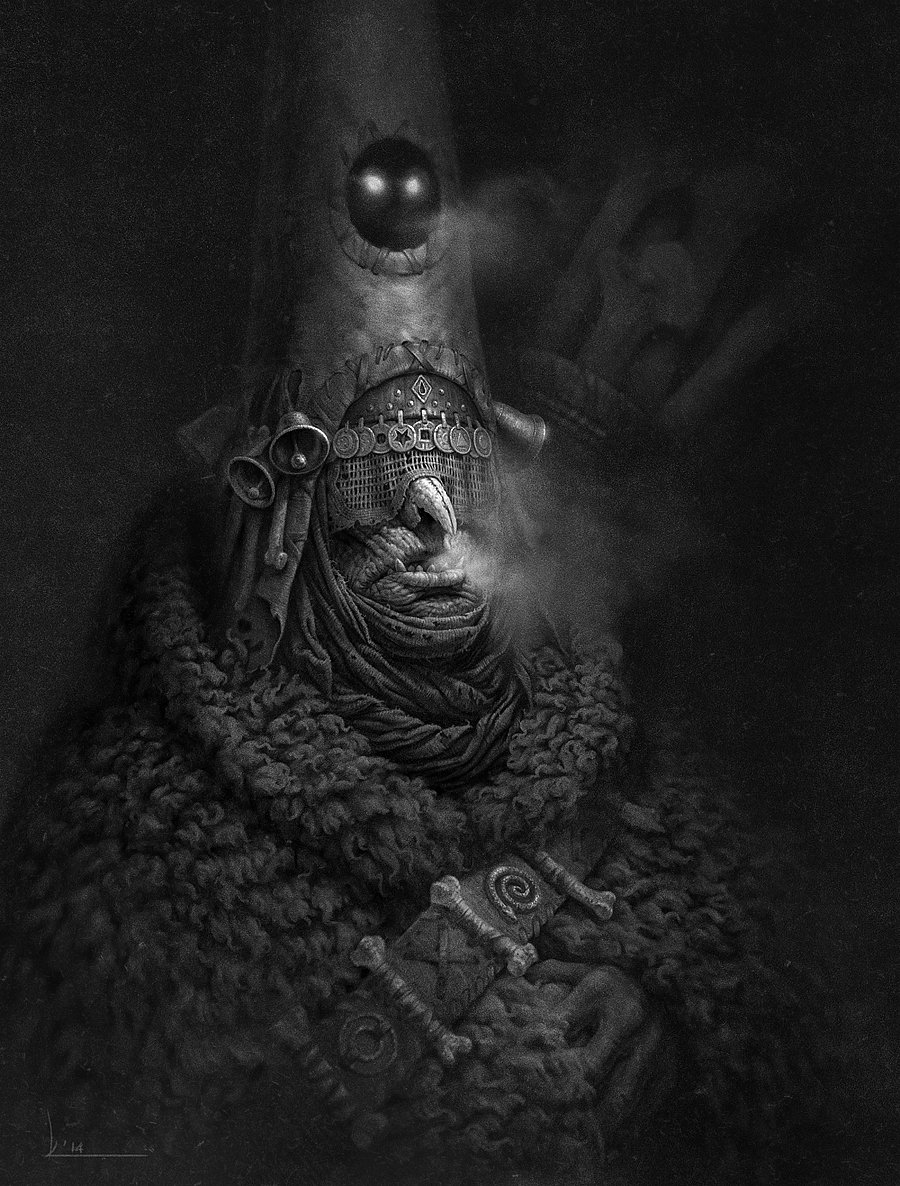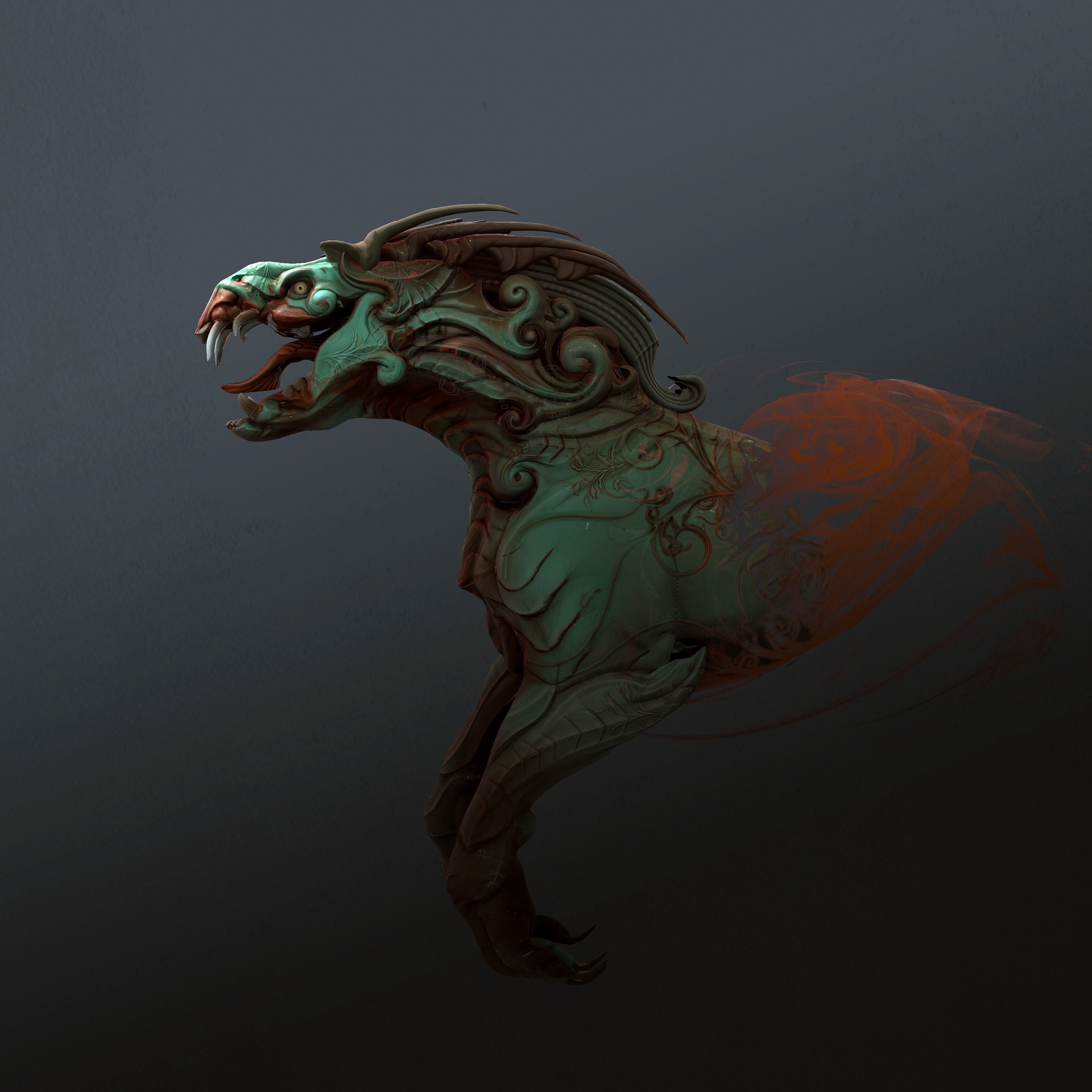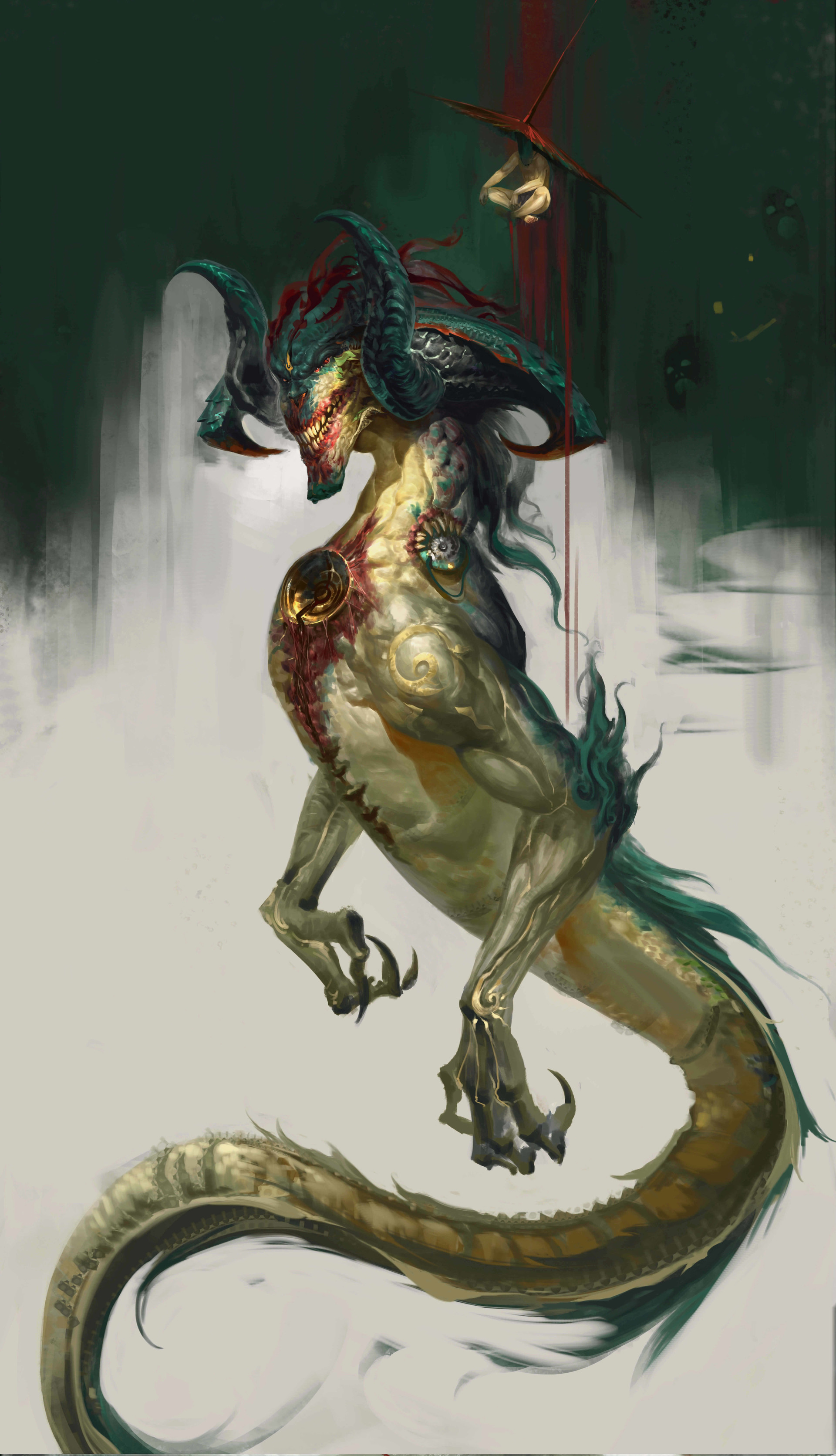(I'm eventually going to re-write my Intro to Ánemos post, compiling all of the fluff and islands and monsters and ships and cultural ideas and generators and tables I have written for the setting so that someone can just open one page and play in the setting. Eventually.)
The Tribal Government of the Arsuf Islands:
The Tribes of Arsuf are more than just an ethnic group, they all participate in a regional government known as the Comitia Tributa (this form of governance is loosely based on the Roman "Tribal Assembly", the Comitia Curiata, that are defined by the 30 curiae that are in turned based of off three ancient tribal lineages in Rome (the early Republic was super interesting. There is a very very good RTS based in this time period)).
The Comitia solves inter-Tribal disputes of a very specific scope:
- Economic; no selling goods dishonestly or monopolies, especially no price fixing or collusion with other Tribes for profit. The goods must flow.
- Philosophic; no propaganda campaigns against other Tribes, the ruling Tribe of an island get full thought control. Minds must be kept compliant.
- And most importantly, Militant; there is to be no use of resource destroying methods for the Sea is a barren enough place and the fertility of the few islands must be preserved. Conquest is encouraged, for the strong deserve to rule, but foolish squandering will be punished.
These disputes are heard and judged in an open court where every Tribe has equal voice, housed atop one of the great monoliths in the sacred island-city of Ierá Aktés. This mountainous Court is also the temple of the lion headed goddess of Law and Vengeance, the Judge Léaina. No Tribe lays claim to the holy shores of Ierá Aktés, but each of them builds and maintains a sovereign fortress within the city where their laws stand (these are especially useful after the Comitia has made a decision, more on that in a second). Léaina presides over the Comitia and drinks the blood of equivocators so that no lies are uttered in the Court.
Many of the decisions made at the Court are reflective of the crime. Economic slights are met economic sanctions for a year and a day. Philosophic attacks will be met with firm refutation of thought and reinforcement of preferred ideals. Military crimes are met with military actions, where identical violences against a Tribe are allowed to be repeated in order to teach the Law breaker.
 |
| Ierá Aktés (source) |
 |
| Judge Léaina's Court (source) |
The Disremembered Tribes
A Tribe that does not agree with the ruling of the Court has the option to go rouge, to spit on the conventions and traditions of the Comitia Tributa and stand defiant or flee Arsuf. There are legends of Tribes standing up to the fury of the collective Tribes, that stood firm in the face of opposition, and that eventually laid bare some conspiracy against them to show that their cause was righteous. And the righteous always win in the end...but these are legends.
In the modern Age a Tribe who has been condemned by the Court has a better chance of survival by taking to their Clancraft and leaving Arsuf. There they can decry their ill luck and damn their enemies. There they can lick their wounds and pray to Gods that they abandoned who will never hear their prayers. There, on the tumultuous Sea, they make pacts with Daemons.
 |
| Lost Tribe Daemon Binder (source) |
Their Patron Daemons
You are a child born on a Big, Old, Boat. All of your siblings were born on this Boat. Your parents were born on this Boat. But your grandparents talk about when they lived on the land, when they ruled a whole island, when they were a real tribe. But the Boat is the only world you have ever known. You have been on land a few times, but there aren't enough enough fish there, it's too hot, and everyone looks at you funny. You like the Boat, the Boat is where your Daemon lives. The Daemon is scary, but it keeps everyone on the whole Boat safe. It's a small price to pay for safety...
You get the idea. To stay safe when the world has agreed that you and yours are dangerous scum means making allies where others wouldn't even look.
Daemons want offerings for their service. The Tribe's Binder will have formed some agreement with the entity, "You keep us safe, we'll give you the blood of our young every new moon and I will not share your truname with other Binders". Since Daemons are the manifestation of some dark part of a group's psyche the offerings they demand nurture that dark emotion.
In return for their favorite horrible emotion the Daemon will manifest however the Binder wishes and will fight their battles (you can treat this as some ambiguous large-huge monster with 4-10 HD and flavor specific abilities). The larger and more emotional the Tribe the more terrific their Daemon.
When a Tribe has a dispute with another Disrememebered Tribe tradition dictates that they will both summon their Daemons and have them engage in a clash of words, a debate. The winner of the debate consumes the form of the loser and that Tribe is victorious. Its a common trope in the Legends of the Isles to have the wandering hero come across two Clancraft tied together on the high seas while titanic Daemons bicker at and debate each other across the decks about the state of politics in Minoa, the price of mutton on Sheep's Head, or what it means to live a good life.
When Tribes clash with outsiders they do not lend them the courtesy of their words, instead the invoke their Daemon to empower them. If they are in high favor the Daemon may even manifest to join the combat themselves.
1d10 Patron Daemons:
- Asag the Dark Drinker: Asag hungers for the words that are whispered in the dark out of anxiety. She lurks in that darkness and groans with pleasure as the words are uttered. Asag's favored can cloak themselves in darkness and she will debate their foes with dark logic and nihilistic tendencies.
- Abyzou that Drinks Our Tears: Abyzou craves the tears of terror, not tears of grief or sorrow or happiness but pure terror. As often as not it is Abyzou themselves who strike this terror in the dead of night or the flames of battle. Those that appease Abyzou will find that they can resist their worst fears when needed and he will berate his debating opponents with an encyclopedic knowledge of human nature's shortcomings.
- Ronwe the Wizened: Ronwe thrives on the little complaints an aging body makes. When the back aches and the eyes darken the curses of the Elders strengthen his power. But when they need to Ronwe's supplicants can shrug off the yoke of age and fight as in their prime, all the while he explains in the patient tones that come with the wisdom of age why he is correct.
- Barbatos the Swollen: Stomache aches from rotten food are Barbatos's favorite misery. The Tribe who patronizes him feasts on fetid meats the night before conflict to empower their fearsome protector. Come the engagement the feasters can use battle emesis while he paints straw men out of his opponent's arguments to watch them crumble.
- Beleth the Smoldering: They lay out on deck all day, nurturing their puss filled burns and moaning at the pain of it. Their discomfort is the anguish that Beleth draws her form from. When the flames of combat are high her Tribe will not feel the lick of the flames while they burn their enemies and she will use her fiery rhetoric to argue for her side.
- Eligos the Cutting Gale: With dark clouds on the horizon fear of the storm wells in even the heartiest of sailors chests, and Eligos drinks up the terror of the strong like water. Come their time of need though the sailors in the Tribe stand firm to ride the gale into battle, while Eligos's keening voices and verbose arguments overwhelm her challengers.
- Agares who Sees: When ennui bogs down the heart and mind, when utter world weariness overwhelms, or when sheer dread of the unknown and unknowable seeps in Agares is there to soak it up and in so doing stoke it. In conflict his Tribe is unshakable in their belief while Agares's opponents are met with his razor insights and worldliness.
- Buer the Shifting: They stare into the mirror and see a torso too think or too thick, sagging flesh hangs off of bones, wrinkles appear and are loathed; the imperfections of their body and the frustration that breeds is Buer's favorite dish. But when needed they cast aside their doubt and turn it to their foes who waver with their advance, while Buer attacks the moral fiber of his opponents with cruel mockery.
- Paimon who Hungers: They are happy they claim. Their partner is the one they want, their soulmate. They settled down with them, had children with them. But still, they wonder, what if I had chosen another? Don't I still think of them sometimes? It is this doubt and insecurity that nourishes Paimon. When called upon he will cast visions of lost loves to distract enemies while he uses traditional logic that all recognize as truth.
- Aka Manah the Laughing: It is a rare thing on the Open Sea, the sight of a strangers misery. They know their shipmates intimately, and strangers are kept at shouting distance for the most part. But Aka Manah must be kept happy. So they lay traps in the rock shallows, false lighthouses are built. And when misfortune finds the faceless men in the dark of night the Tribe laughs and blesses their own luck that they do not share their fate. And Aka Manah is glad and will lend some of the misfortune gathered by the Tribe back to enemies, and in debate she will stand tall and relate heart wrenching tales to sway others to her side.
(Much of the idea for these Daemons comes from David Edding's concept of demons from his sprawling fantasy series The Belgariad and The Malloreon, magicians bind demons to a form of their choosing and make them fight. Its like Pokemon kinda)
 |
| Paimon who Hungers (source) |
 |
| Eligos the Cutting Gale (source) |
 |
| Vanth who would Posses (source) |
 |
| Asag the Dark Drinker (source) |
How to Use the Disremembered Tribes and the Comitia Tributa
One of the main themes of my Ánemos setting is a war of thoughts. Philosophers and wise men litter the Isles bickering amongst themselves, Magi and Priests quarrel about the meanings hidden in the stars, and senators and the chiefs of tribes debate policy. So what better way to ingrain your PCs in this oratory culture than a courthouse drama type encounter. This can occur in an expected place (the high court of a ruling body) or an unexpected place (between titanic daemons perched on massive ships on the open sea).
This is a superb example of how you might run a courthouse drama type encounter, by the illustrious Patrick Stewart from False Machine.

No comments:
Post a Comment